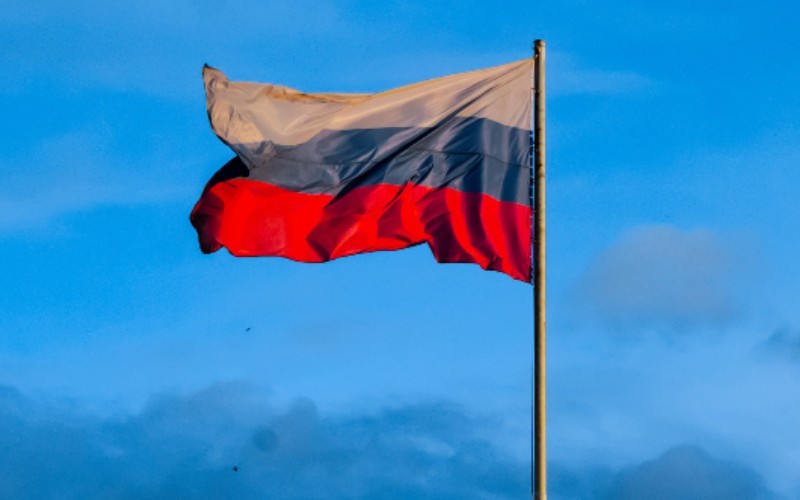Businesses and individuals alike should be especially vigilant for scams and hacks by Russian vectors as Vladimir Putin’s invasion of Ukraine continues.
The Russian aggression may increase the number of cyberattacks that we are likely to see, says Colin Tankard, managing director of cybersecurity company Digital Pathways.
Phishing, ransomware, trojan horse attacks and malware worms may particularly attack the banking industry due to the blocking of Russia from the international online payments banking system, SWIFT.
Tankard, who also serves as chief privacy officer for Auris Tech – which topped our EdTech 50 ranking recently for its innovative AI-based reading technology – says it is likely that Russia and its allies may look to retaliate, targeting banks, other companies as well as individuals.
“My advice is to be extra vigilant now, especially around passwords protecting client’s personal details,” said Tankard. “Always check a sender’s URL. Make sure it is bona fide by hovering over the link and checking it thoroughly.
“Be aware that anyone using the suffix ‘.ru’ is Russian – and definitely do not open attachments unless you are sure they are safe to do so. Just hit the delete button!
EdTech 50 – UK’s most innovative education technology creators for 2022
“If you are unsure about an attachment, there are a number of websites – such as VirusTotal – where you can paste in a link or upload a file to be scanned for anything nasty.
“Protect yourself with security software. For a small annual fee, this software will block any hostile application from launching or will block an unusual outbound connection from a computer or server.
“Also, any file which is found to be malicious will be quarantined, and any other machine connected to the same network will be alerted for the same file, so any spread is contained immediately.
“Make sure any security product you buy is not the product of a Russian company – and, as always, back up everything regularly.”


